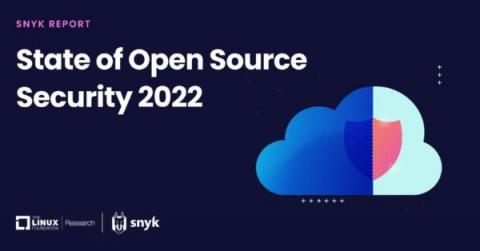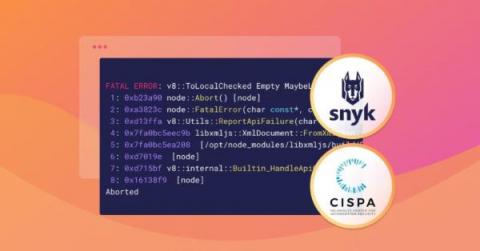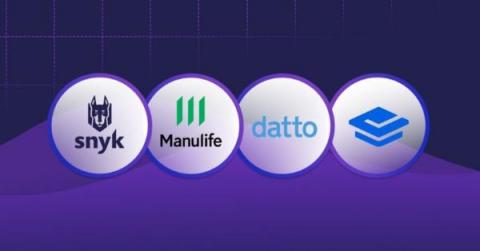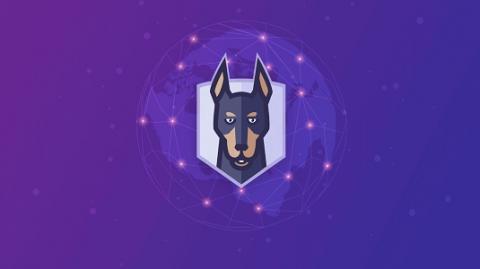Announcing the 2022 State of Open Source Security report from Snyk and the Linux Foundation
Open source software is a key component in modern applications. It has created a new era in software development, promoting a free exchange of ideas within the developer community and enabling developers to build more functional software, faster than ever. Based on most estimates, 70-90% of any piece of modern software includes open source code.










